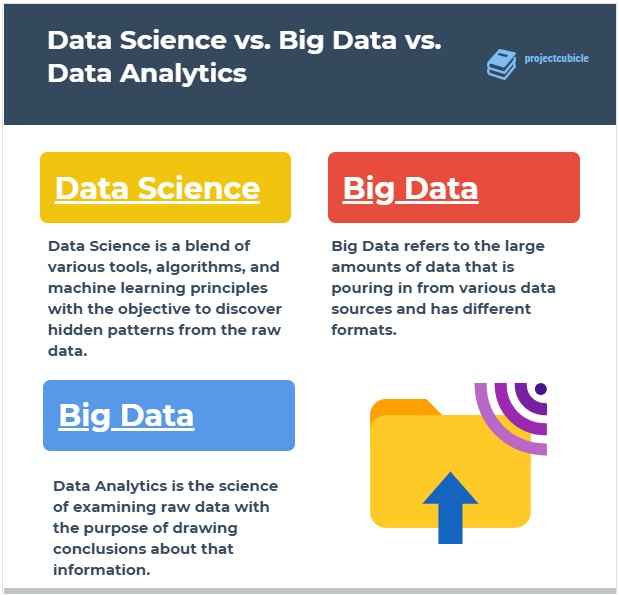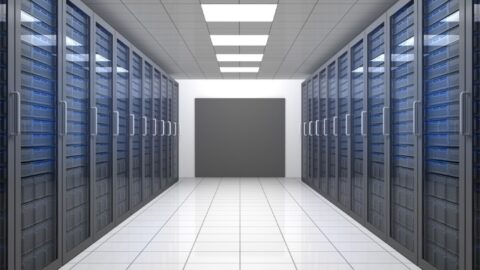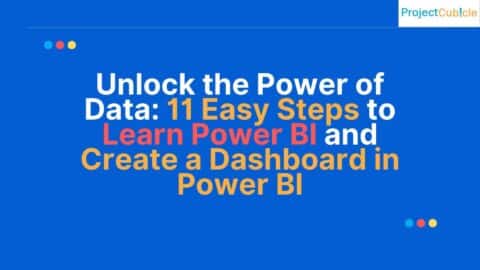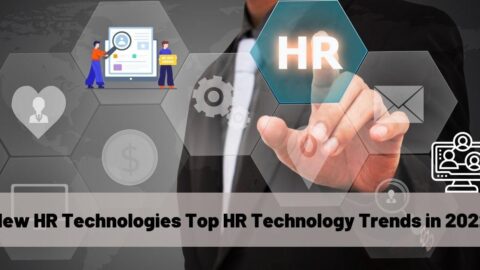Data Science vs. Big Data vs. Data Analytics
Data is almost everywhere in our daily lives and is growing exponentially. According to the estimates, the amount of digital data that exists today will be double in the next couple of years. Therefore, in the future, we will need more professionals expertizing in topics such as the basics of data science, big data, and data analytics. Professionals often confuse Data Science vs Big Data vs Data Analytics terms. In this article, we will discuss each term separately and highlight the similarities and differences between them to provide you a clear understanding.
Table of Contents
Data Science
Data science is the field, which focuses on everything related to data cleansing, preparation, and analysis. It also copes with both unstructured and structured data. In other words, it is the integration of mathematics, statistics, programming, data capturing, problem-solving, the capability of looking at problems in a different way, as well as the things like cleaning, preparing, and aligning data.
Applications of Data Science
- Digital Advertisements
Data science algorithms are used by the entire digital marketing spectrum including display banners and digital billboards. For this reason, digital ads receive more clicks more than traditional advertisements.
- Internet Search
Data science algorithms are used by search engines in order to have the best conclusions for search queries in seconds.
- Recommender Systems
The recommender systems both make it practical to gather the best product from billions of options and increase the user experience. Most of the companies make use of recommender systems so as to promote their products and recommendations according to the demands of customers. Basically, recommender systems are dependent on previous search results of the user.
Skills Required for a Data Scientist
- Maters and/or Ph.D. Education: 88 percent of data scientists have master’s degrees, and 46 percent have PhDs.
- In-depth knowledge of SAS or R; R is generally preferred.
- Python coding, Java, Perl, and C/C++, while Python is the most common coding language used in data science.
- Having experience in the Hadoop platform, as well as Hive or Pig, is preferred.
- SQL database/coding
- Working with unstructured data whether on social media, video feeds, or audio.
Big Data
According to Gartner, the definition of Big Data is as follows; “Big Data are high volume, high velocity, or high-variety information assets that require new forms of processing to enable enhanced decision making, insight discovery, and process optimization.”
Big Data means a huge amount of data that is unable to be analyzed efficiently by using conventional applications. It is used to process and analyze insight so that better strategies and decisions can be made.
Big Data is a trending word that refers to huge volumes of data, both unstructured and structured.
Applications of Big Data
- Communications
Telecommunication service providers have the main target of gaining new subscribers, retaining customers, and expanding within current subscriber bases. All these challenges is the result of nicely integration and analysis of the masses of customer-generated data as well as machine-generated data.
- Financial Services
Big data is all used in the financial services of credit card companies, retail banks, insurance firms, venture funds, private wealth management advisories, and institutional investment banks. All of them have a mutual problem of the huge amount of multi-structured data in multiple disparate systems. Taking these into consideration, it can be said that big data are used in several ways including Customer Analytics, Compliance Analytics, Fraud Analytics, and Operational analytics.
- Retail Shops
In retail shops being able to understand the customer is the most important thing. This needs a capability of analyzing all disparate data sources such as customer transaction data, social media, store-branded credit card data, and loyalty program data.
Skills Required for a Big Data Specialist
- Analytical skills are very important for making sense of data and identifying which data is more suitable when forming reports and looking for solutions.
- The ability to create new methods to collect, interpret, as well as analyze a data strategy.
- Mathematics and statistical skills are preferred to have in data science, data analytics, or big data.
- The knowledge of Computer science and its algorithms to process data into insights.
- An understanding of the business knowledge as well as driving the growth of the business and its profits.
Data Analytics
The aim of Data Analytics is to come to a specific conclusion through analyzing raw data. Data analytics include the application of an algorithmic or mechanical process so as to create insights, and thus obtaining sensible relations. Several industries use data analytics in order to enable them to make strategic decisions while also verifying and disproving existing thoughts, models, and theories if necessary. The main target of data analytics is inference. It is the process that forms a conclusion that is dependent on the existing knowledge of the researcher.
Applications of Data Analytics
- Healthcare
Hospitals have the challenge of treating a maximum number of patients as efficiently as possible. In order to follow and optimize the patient flow, treatments, and equipment, instruments and machines are used. It is anticipated that by using software from data analytics there will be a 1% gain in efficiency, which in turn can yield over $63 billion in global healthcare savings.
- Travel
The buying experience through mobile/weblog and social media data analysis can be optimized very easily by using Data Analytics. What is more, personalized travel recommendations can also be delivered by data analytics.
- Gaming
Data analytics are used to gather data to optimize and spend within and across games. By using data analytics gaming companies can learn what customers like and dislike.
- Energy Management
In utility companies, data analytics are used for energy management, such as smart-grid management, energy optimization, energy distribution, and building automation.
Skills Required for a Data Analyst
- Programming skills and advanced knowledge of programming languages, like R and Python.
- Statistical skills and mathematics, which means descriptive and inferential statistics, and experimental designs.
- Machine learning skills
- Data wrangling skills, which is the capability of mapping raw data followed by converting it into another format. This enables more suitable consumption of the data
- Communication and data visualization skills
- Data intuition
Data Science vs. Big Data vs. Data Analytics from Salary Perspective
Even though data scientists, big data specialists, and data analysts are in the same domain, each of these professionals has different salaries and is dependent on several factors. According to Glassdoor, the average base salaries of each profession are as follows;
Data Scientist Salary – Around $110,000 per year.
Big Data Specialist Salary – Around $100,000 per year.
Data Analyst Salary – Around $63,000 per year.
Bottom Line
Hope this article on big data vs data analytics vs data science provides you a clear understanding of these important data processing terms. Understanding the similarities and differences between all three terms are equally important for you if you want to build up a career in the field of data processing.
See Also

Valencina has more than 25 years of experience as an IT consultant with a great focus on enterprise application UI/UX. She has experience working across multiple industries, acting both in an advisory role, as well as hands on in the technical build of solutions. Valencina is the co-founder and COO of Nitera Training Services.











Data is the most important asset. So, data processing is as important as data itself.
I liked this salary but I had afraid a little bit when ı see what skills required for a big data specialist. This a really hard job but thank to this article because now ı know hat ı have to learn 🙂
I want to learn data science. This article became a roadmap for me. Thank you very much for the detailed information! 🙂
Nicely and very well explained. Really appreciated for sharing this article.
If you are looking for advancement in your career, want to learn the data science process and its techniques, Visit the Learnbay website to know details related to data science courses in Bangalore.